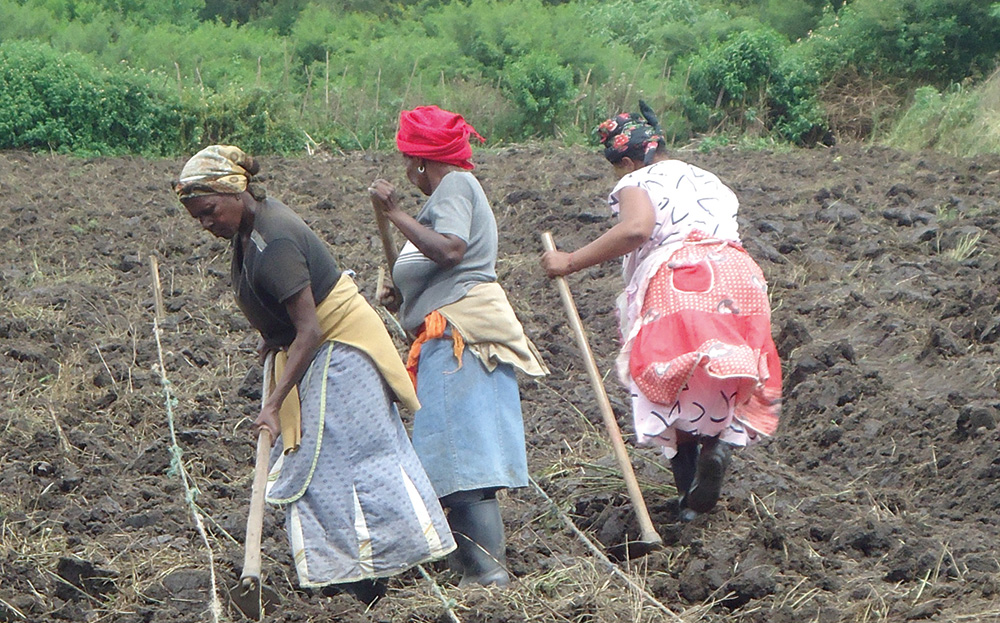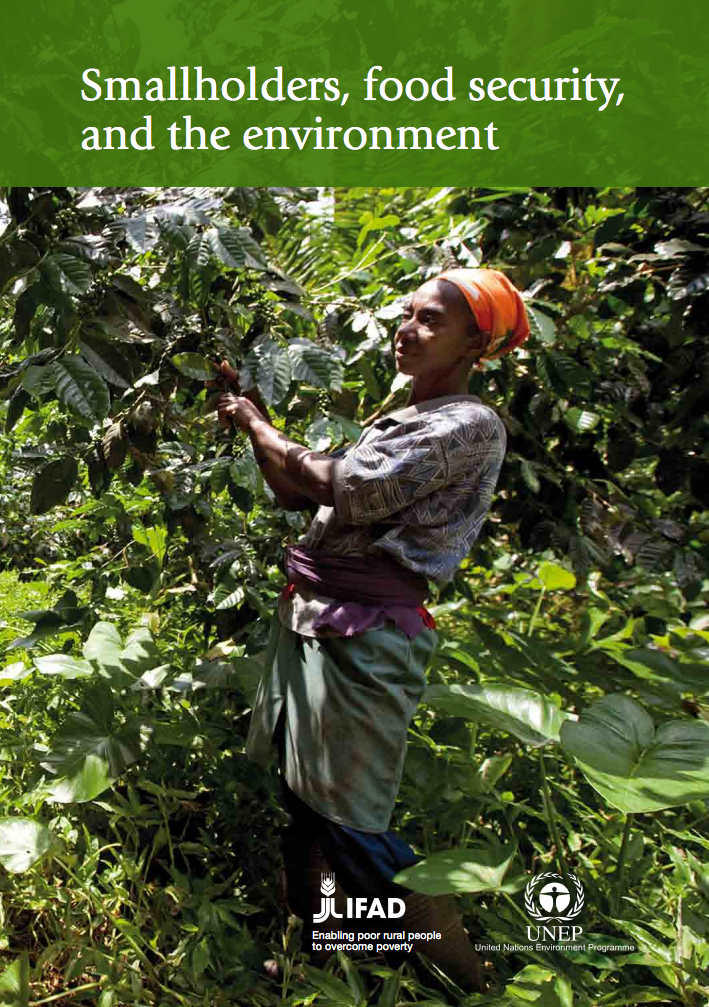Democratic Republic of Congo
T he Democratic Republic of Congo (DRC) committed to the mitigation of the effects of climate change by signing the Kyoto Protocol for climate change and other related environmental management protocols. Since 1994, DRC has produced two national climate change communication documents (RDC, Ministère de l’Environnement, Conservation de la Nature, Eaux, et Forêts 2001; RDC, Ministère de l’Environnement, Conservation de la Nature et Tourisme 2009).









